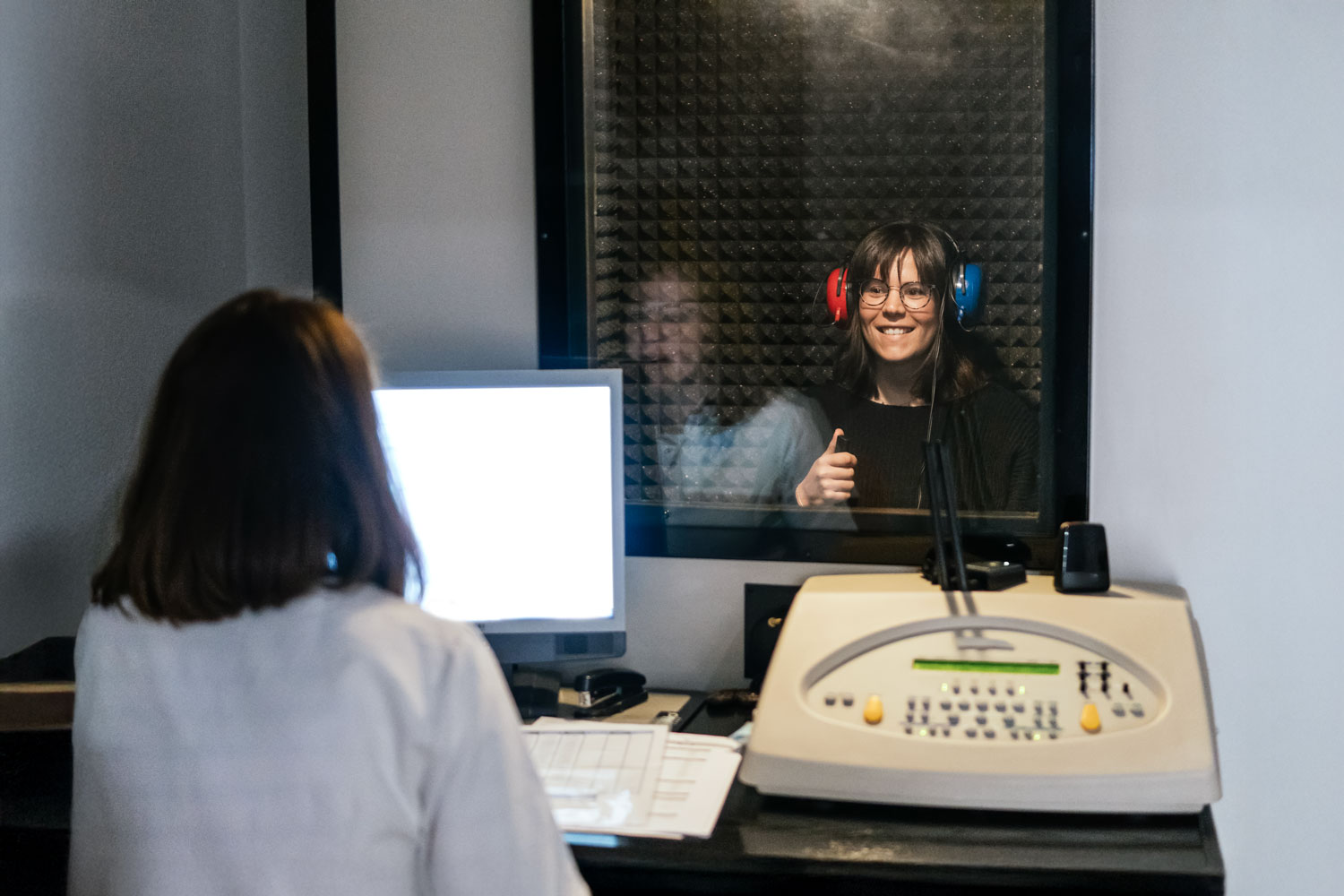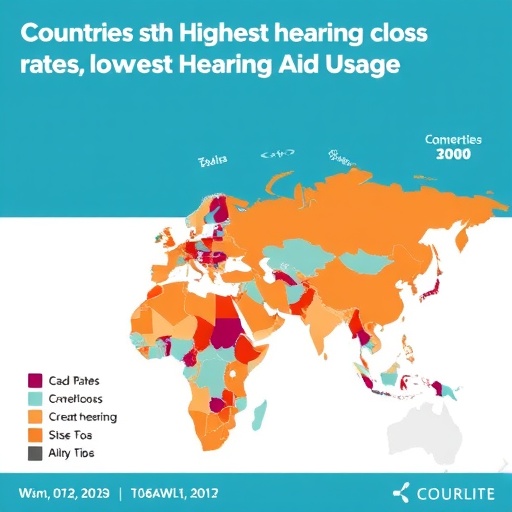
5. Check your insurance plan
Don’t assume your private insurance doesn’t cover hearing aids. Many large private insurers cover hearing exams when they’re required by a physician. But some insurers and employers include partial or full hearing aid coverage as part of their benefits.
“I always encourage every single patient that has a private pay insurance plan to first pick up the phone and call and ask. Most audiologists will do this as a courtesy for their patients,” Creed says.
Your audiologist also will have the proper diagnosis and procedural billing codes to provide the insurer, which includes 12 new codes that go into effect Jan 1, 2026, that better describe the care they provide around hearing devices.
6. Add Medicare Advantage coverage
Basic Medicare doesn’t pay for hearing aids (though with hearing loss increasingly linked to depression, isolation, falls and dementia, some Congress members are pushing for that to change). But about 40 percent of Medicare enrollees have a Medicare Advantage plan, which can range from $10 to $150 per month and up, and “the vast majority” of those plans do cover hearing aids, Carr says.
7. See if you qualify for Medicaid
Medicaid terms are decided state by state, but many offer Medicaid coverage for hearing aids. Check with your state agency that handles Medicaid guidelines.
8. Check your local university clinic
If you live near a university with a graduate audiology program, see if it has a speech, language and hearing clinic with graduate students working under the supervision of audiologists. Sometimes these clinics provide hearing care services at discounted prices or on a sliding scale, Creed says. “I always think a university clinic is a good place to look to if finances are a concern,” she says.
9. Look into nonprofits and other sources of aid
Many local and national organizations have programs that provide hearing aid financial help or even free hearing aids. Other nonprofits accept gently used hearing aids and recycle them for those who need them.
Most organizations have eligibility requirements, so if you don’t qualify any listed below, talk to your audiologist for more suggestions.
- The International Lions Club Foundation
- Hearing Aid Project
- Starkey Hearing Foundation
- Miracle-Ear Foundation
- Help America Hear
10. Contact the U.S. Department of Veterans Affairs
One in 3 service members return from deployment with measurable hearing loss. If you’re a veteran, you might be able to get free hearing aids. To start the application process, you can:
- Register in person at a VA Medical Center.
- Enroll online by filling out VA Form 10-10EZ electronically.
- Print and fill out Form 10-10EZ and mail it to your local VA.
You’ll need to provide a copy of your Veterans DD214, a photo ID and proof of any health insurance you have.
Editor’s note: This article was originally published on Dec. 15, 2021. It has been updated to reflect new information.
link






